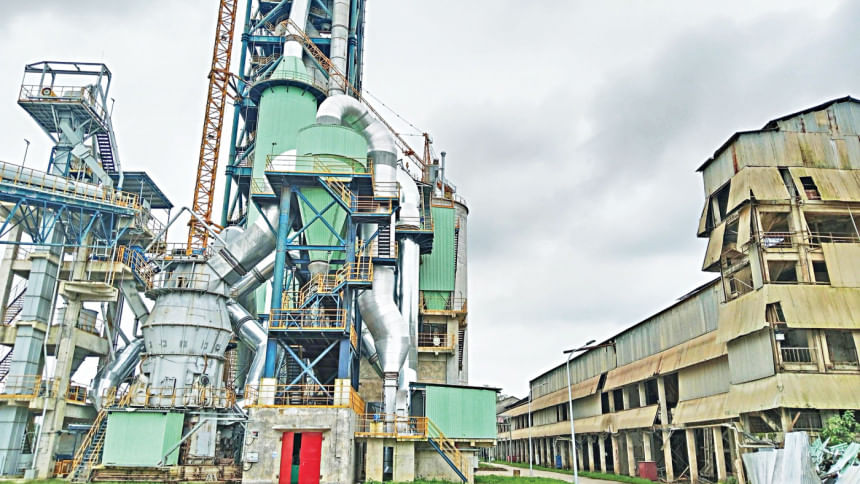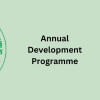ADP spending in Jul-Feb 14-year low

Spending under the annual development programme (ADP) has been going slow in the current fiscal year (FY), with implementing agencies using just 31.17 percent of the total allocation till February this year, showed official figures.
In the first eight months of FY2023-24, the government managed to spend just Tk 85,603 crore out of the Tk 274,678 crore ADP budget allocation, representing its lowest implementation rate in at least 14 years.
The current implementation rate is even lower than that witnessed during the pandemic, meaning FY2020-21.
At that time, the ADP spending out of a Tk 214,611 crore allocation slowed to 33.83 percent, as per data of the Implementation Monitoring and Evaluation Division (IMED).
Amidst this situation, the government this month has also downsized the ADP for the current fiscal year of 2023-24 by 7 percent while prioritising projects having the highest impact.
"The lower ADP execution rate is a big concern for the economy," said Muntaseer Kamal, a research fellow at the Centre for Policy Dialogue.
"We have to look into whether this is due to the government's austerity policies or a revenue deficiency," he added.
Kamal stated that the government was facing difficulties in fulfilling revenue generation targets while the scope had narrowed for borrowing from commercial banks and printing more money through the central bank.
"These issues may contribute to slower fund disbursals for project implementation," he added.
Kamal also pointed out a historical trend of spending being comparatively lower behind health and educational expenses than that for other sectors.
Up until February, the secondary and higher education division managed to spend Tk 1,941 crore, or 14.71 percent, of its total allocation of Tk 13,192 crore.
Similarly, the health services division spent Tk 2,472 crore out of Tk 12,007 crore.
They showcased the second and third lowest implementations rates respectively out of the 15 divisions and ministries receiving the highest allocations.
"The project directors in these two sectors are not playing a proactive role in implementing their projects," said Abul Kashem Md Mohiuddin, secretary to the IMED.
It is happening due to the inefficiency of the project directors as they are giving more focus to their professions as doctors or teachers, Mohiuddin added.
However, spending by state-run enterprises in the July-February period increased to Tk 3,693 crore, or 31.64 percent, out of the Tk 11,674 crore allocated for FY24, the IMED data showed.
Prime Minister Sheikh Hasina directed officials at the latest National Economic Council meeting on March 12 to ensure feasibility studies for improving the quality of implementation and speed up implementation of projects that would serve people immediately, according to Mohiuddin.
To this end, the premier also directed utilising foreign loans and grants, taking up effective projects for the people, and forming an "experienced panel" for project directors, he added.
Utilisation of foreign funds for various projects has reduced by 1.54 percentage points.
"We are trying to train up project directors, especially from education and health sectors," said Mohiuddin.
However, Ashikur Rahman, a senior economist of the Policy Research Institute of Bangladesh, thinks the slowdown was expected this year.
"Given FY24 has seen increasing macroeconomic tension and political uncertainty surrounding the election, the slowdown in ADP implementation was expected," he said.
He hoped the situation would improve next fiscal year if the country could mitigate the macroeconomic tension given that the political environment has remained calm after the election.
"There is no reason to expect any dramatic change on that front," said Rahman.
Among the 15 highest ADP allocation recipients, the shipping ministry was the worst-performing division in the July-February period.
The ministry's spending stood at Tk 1,378 crore, which is only 13.88 percent of its total allocation.
The Ministry of Civil Aviation and Tourism was the top performer, spending 46.79 percent of its budget.
The agriculture ministry came in second, with its expenditure standing at 46.41 percent of its budget, followed by the local government division with 44.46 percent.

 For all latest news, follow The Daily Star's Google News channel.
For all latest news, follow The Daily Star's Google News channel. 







Comments